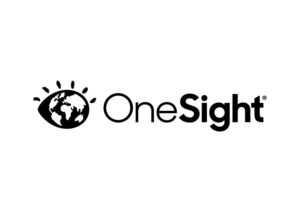These initiatives enable millions of people to see better
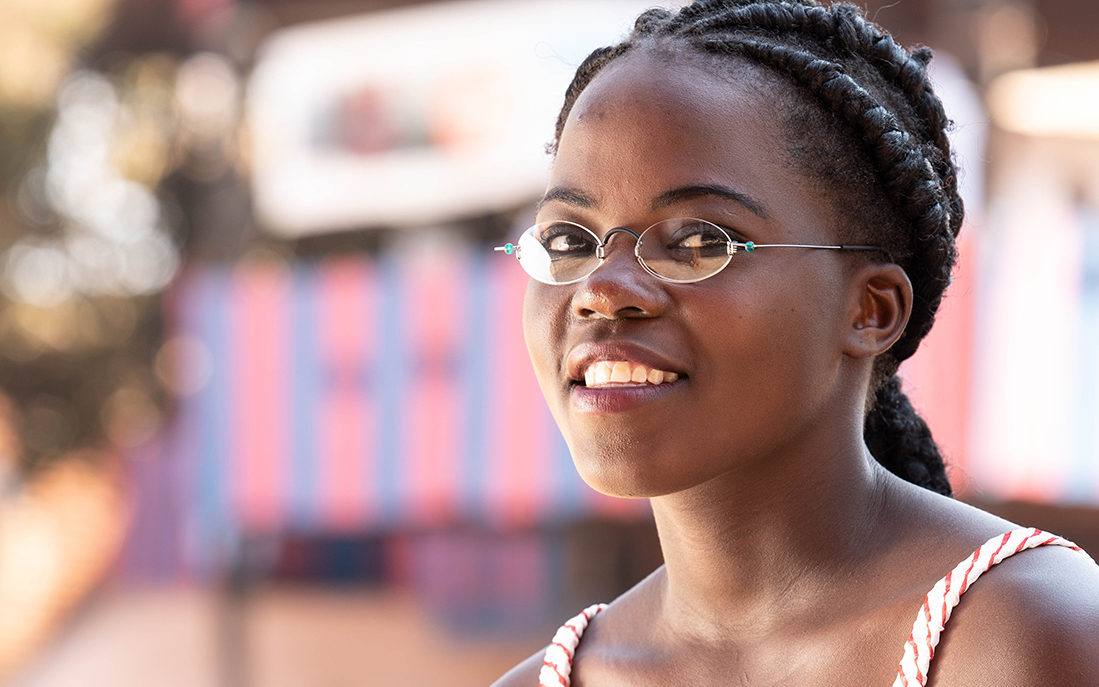
Nearly a billion people are in need of eye care but cannot afford it. These initiatives help people with poor eyesight. They all have a huge leverage effect – possibly also thanks to you.
Social Franchise
Today, a pair of spectacle frames cost less than a dollar, and an eye exam is not that difficult to make. Nevertheless, more than a billion people across the globe does not have the glasses they actually need, simply because they are not offered or not offered at an affordable price. The challenge is to develop a business model that reaches people at the bottom of the income pyramid. This is exactly what these two social enterprises are doing. The rationale: to blend donations and, to a lesser extent, market revenues to enable everyone to get the pair of glasses she or he needs.
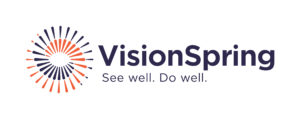
Vision Spring
The US-based non-profit Vision Spring is celebrating its 20th anniversary this year and has grown into a highly professional organisation active in 26 countries around the globe. Vision Spring develops systems for people with low incomes to access eye examinations and glasses, working with a wide range of doctors and local distributors. With success: almost 7 million pairs of glasses have been distributed or sold at subsidised prices. The organisation estimates the social impact at well over one billion US dollars. Every dollar donated would spark more than 40 times the positive impact. Because everyone* benefits from better vision every day.
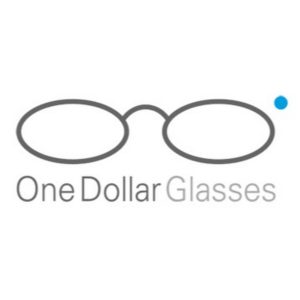
OneDollarGlasses
The non-profit OneDollarGlasses from Erlangen, Germany, is the little sister of Vision Spring in terms of size. The organisation has leaner structures and works even more at the grassroots level. For example, OneDollarGlasses has developed a process for local people to make their own frames locally. The aspect of creating jobs for people in the target regions through a social franchise model is an integral part of OneDollarGlasses’s work.
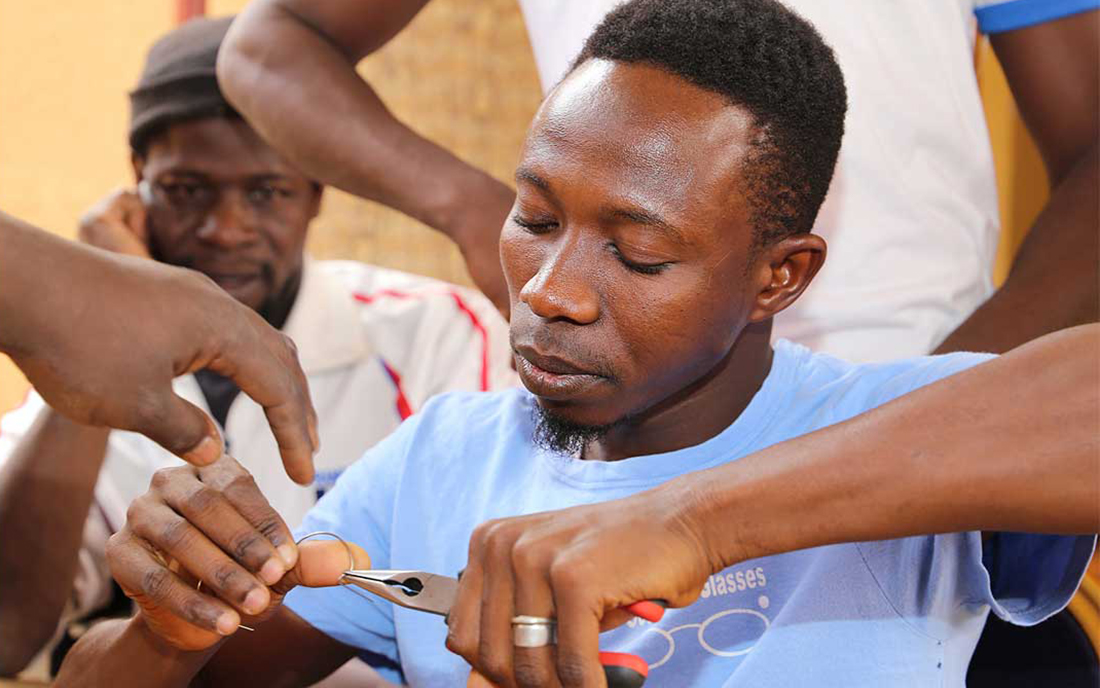
The material costs of the OneDollarGlasses are around one US dollar.
The goal: basic optical care for all.
Eye surgeries for everyone
Cataract is an eye disease that can be cured with routine surgery today at a manageable cost. If they are not performed, blindness is imminent. These three organisations are doing great things to provide eye surgery to people regardless of their income.
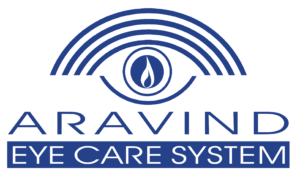
Aravind Eye Care
The Indian eye clinic chain Aravind was the first to realise that standard surgeries like cataract can be standardised or automated to the maximum. This not only ensures high quality but also reduces costs so that more people can afford the surgery. In addition, Aravind introduced the principle early on that each patient pays according to their income. In this way, wealthy people pay more and thus also pay for the treatment of low-income patients.
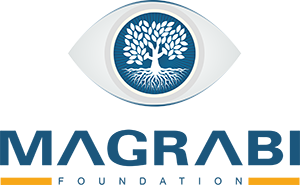
Magrabi Foundation
The Magrabi Foundation, based in Cairo, works as a social enterprise. For its eye surgeries, it benefits from the know-how and experience of the renowned Magrabi eye clinic chain, which has a strong presence in the Arab region. The Magrabi Foundation works with “eye leaders” who go into the villages and establishes a number of satellite clinics in rural areas. Larger surgeries are performed at the headquarters in Cairo. Here, too, the “pay as much as you can” principle applies.
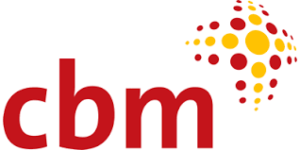
Christoffels Blinden Mission (CBM)
The non-profit organisation CBM from the tranquil town of Bensheim an der Bergstraße in Southern Germany is one of the major international players in the field of eye care worldwide. CBM has already financed more than 15 million cataract operations worldwide, manages more than 500 projects worldwide and cooperates with all relevant institutions, including Aravind and Magrabi.
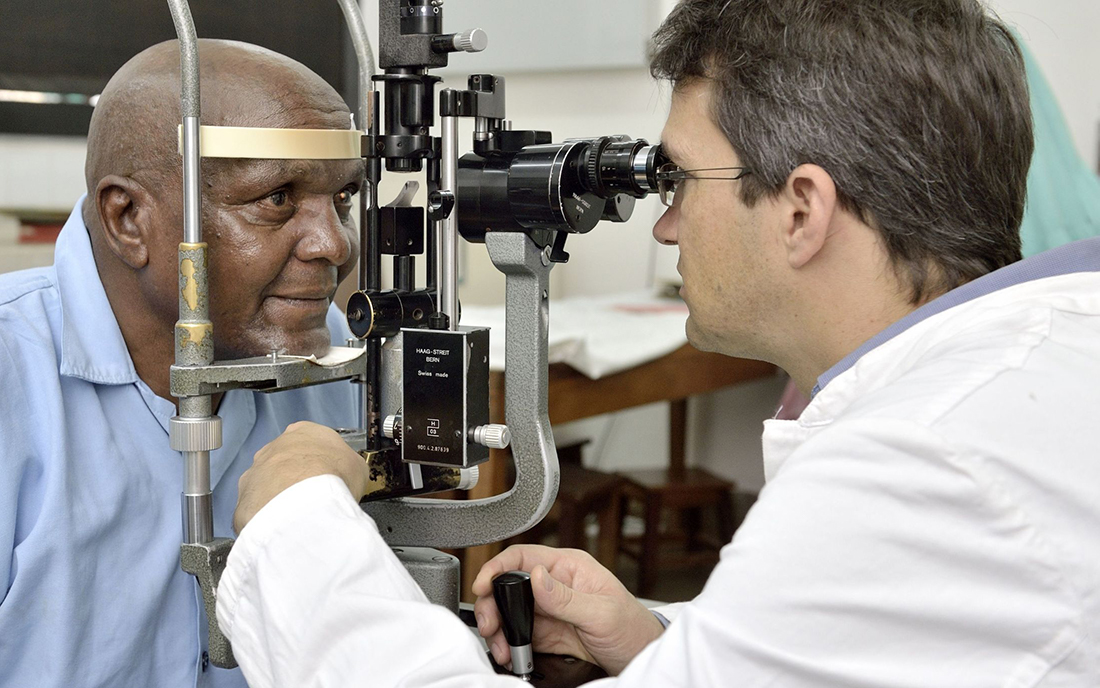
In addition to increasing the number of operations, CBM concentrates above all
on the education and training of doctors and nurses.
Engage for a good cause: Buy & Give or Recycle
It doesn’t always have to be a monetary donation. Here are two ways to get involved with Eyecare:
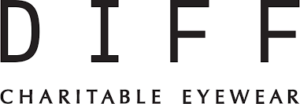
DIFF
The eyewear manufacturer DIFF has made the principle “Buy one – Give one” its guiding principle of action. In doing so, it is doing what TOMS Shoes introduced early on for its industry and what the German startup Share implements for cereal bars, water & co. With the purchase of a pair of glasses, DIFF sponsors a pair of glasses for someone who cannot afford them. The company cooperates with non-profits like Eyes on Africa.

Eyeglass Recycling Centers
Why make new glasses when many go to waste. Opticians or local initiatives in many places around the world accept old glasses, which are then recycled and made available to people with visual impairments. One player is the Lions Clubs, which have set up their own centres in various countries to refurbish glasses.

The Lions Clubs International Eyeglass Recycling Centres
provide recycled eyeglasses free of charge to people in developing countries.
Corporate Engagement
These two foundations were initiated by the Italian company Luxottica and the French company Essilor and have developed great charisma. The companies are two of the world’s largest manufacturers of spectacle frames and lenses respectively. Of note: the companies merged in 2018. To what extent this will affect the engagement remains to be seen.
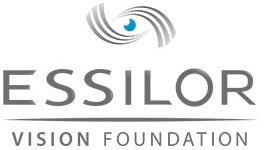
Essilor Vision Foundation
TheEssilor Vision Foundation is particularly involved in the high-revenue markets of the USA, China and South-East Asia, and carries out programmes together with the World Health Organisation, among others. Unlike OneSight, the Essilor Vision Foundation is still integrated into the company and closely linked to its own employee engagement initiatives.

A 12-year-old OneSight vision center patient in Baoji, China,
learns in school with the help of her new glasses.


